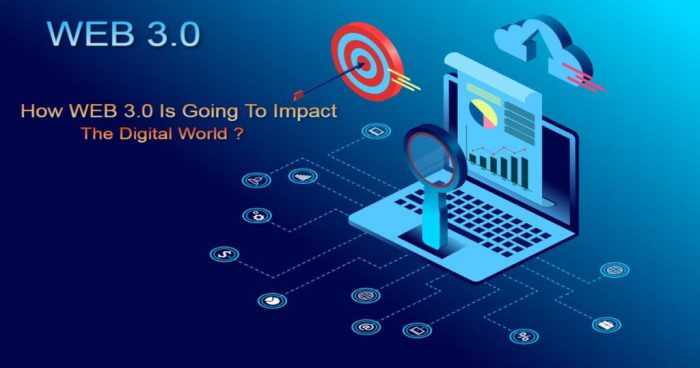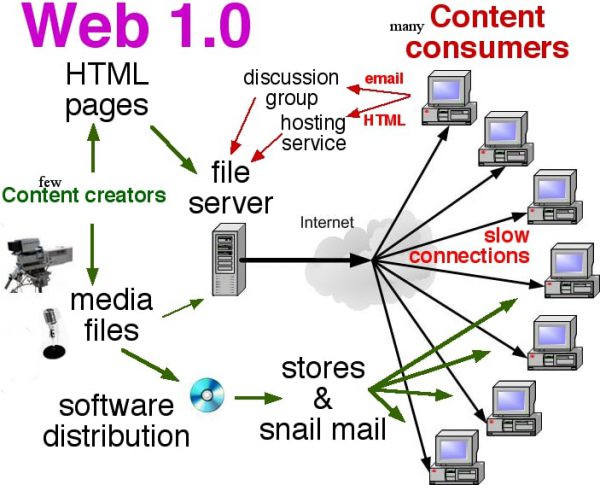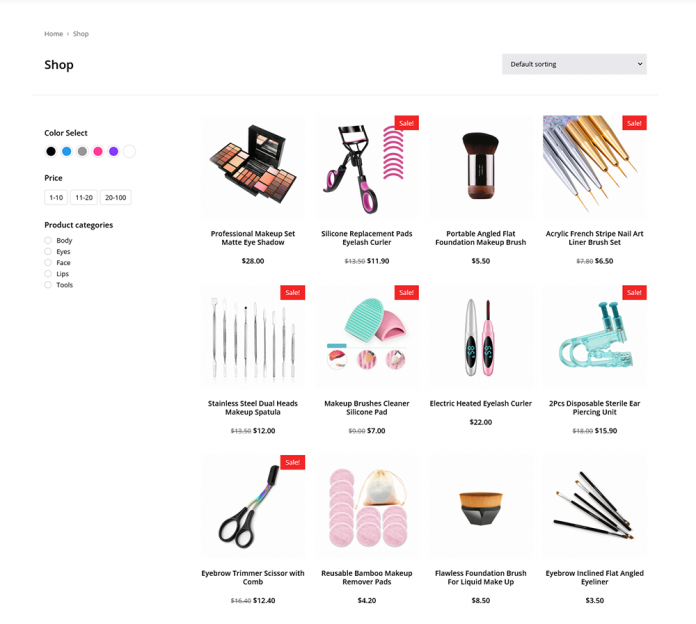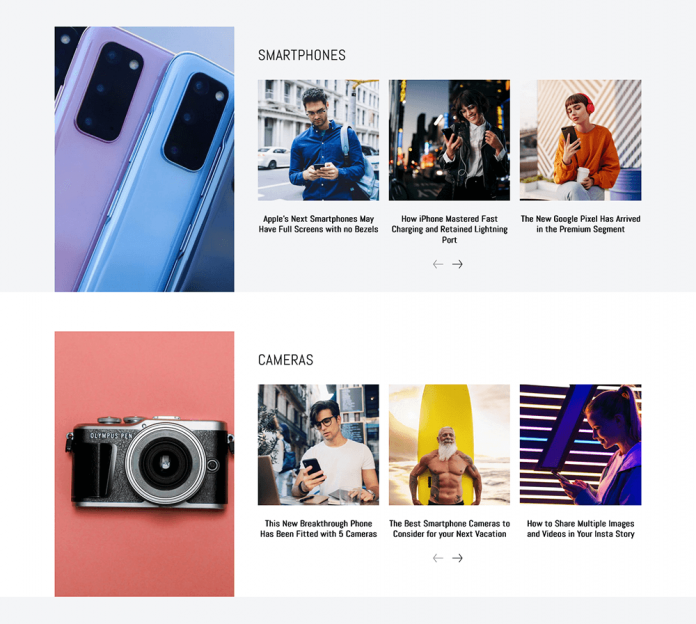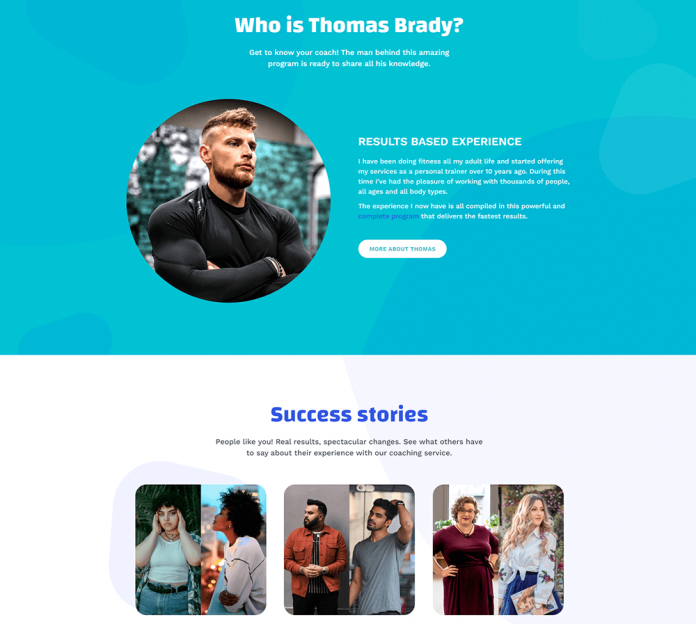If you ask an expert how the web is evolving, they will most certainly tell you that we are on the verge of Web 3.0. But what exactly is Web 3.0, and how, if at all, will it affect our lives?
The World Wide Web is shifting once more. However, given that Tim Berners-invention Lee’s is now an inherent part of millions of people’s daily lives, it may not be immediately evident.
Let us begin with a quick history of the emergence of the web…
A (Very) Short History of the Web
There have been two phases of the web so far, according to most people. They are simply referred to as ‘Web 1.0’ and ‘Web 2.0,’ respectively, and can be characterized as follows:
Web 1.0
This is where it all started. A one-way platform that allowed users to consume Internet information. Web 1.0 was characterized by the first business websites and early adoption as a route to market by media businesses such as the BBC and CNN. It was typically made up of simple, text- and image-based web pages.
Online 1.0 lacked user involvement and the capacity to build one’s own content, and web searches relied on highly narrow terms. It was not intelligent or malleable.
Web 2.0
The advent of new online design methods and more sophisticated web browsers signaled the arrival of Web 2.0, which emphasized human and social interaction on the web.
This culminated in today’s rich, adaptable web design and the rise of the web app, which transformed webpages into software apps capable of doing complicated functions previously only possible on native Windows or Mac software.
While the variety of content available for consumption expanded significantly, Web 2.0 also introduced the concept of user-generated content by putting publishing tools in the hands of anyone who wished to market their writing, podcasts, or video productions.
So, What Exactly Is Web 3.0?
Web 3.0 is a more sophisticated beast. The semantic web,’ which analyzes and uses user data and behavior to provide a more personalized web surfing experience, has emerged as a result of harnessing the power of big data and machine learning. A fantastic illustration of this in action can be found in advertising, where promotions for things in which you are actively interested follow you across the web.
However, many experts predict that Web 3.0 will enable a faster, more intuitive web experience, with the option to forsake command-line search keywords in favor of naturally speaking to the likes of Google. “Show me all of the movies playing at my local theater tomorrow evening,” is an excellent example of a search query that will yield the desired results in the Web 3.0 era.
Read more about Web 2.0 Submission sites list
How Web 3.0 Will Improve Our Lives
We believe that the rise of Web 3.0 will impact our lives for the better for three reasons:
1. A more customized browsing experience in Web 3.0
As intrusive as those advertisements can be at times, there is no denying the convenience of being able to swiftly click over to a special offer for something you actually need or desire and would otherwise have missed.
Web 3.0 gives everyone a considerably more tailored browsing experience. Websites will be able to automatically adapt to our device, location, and any accessibility requirements we may have, and web apps will become significantly more aware of our usage habits.
2. Improved search
As previously said, the capacity to converse with a search engine in natural language is quite powerful. The learning curve is nearly non-existent, and the benefits reach far beyond the user; businesses will increasingly be able to take a more natural approach to search engine optimization on their websites, rather than relying on complex keyword techniques.
3. Enhanced app experiences
The multidimensional Web 3.0 will help more than just websites; web apps will begin to provide significantly richer experiences for consumers.
Consider Google Maps, which can now combine basic location search with route directions, lodging recommendations, and real-time traffic updates. In the Web 2.0 era, this was just not conceivable.
Conclusion
Web 3.0 involves reducing any remaining complexity from the web and making it more accessible to a larger number of people, just like the Internet of Things (IoT) is progressively building a more digitally-centric, connected society.
Furthermore, Web 3.0 is here – right now. We’re still in the early phases of certain Web 3.0 technology, but if you’ve done a Google search today and utilized natural language to locate an answer, you’ve already reaped the benefits of this next chapter in the history of the World Wide Web.


